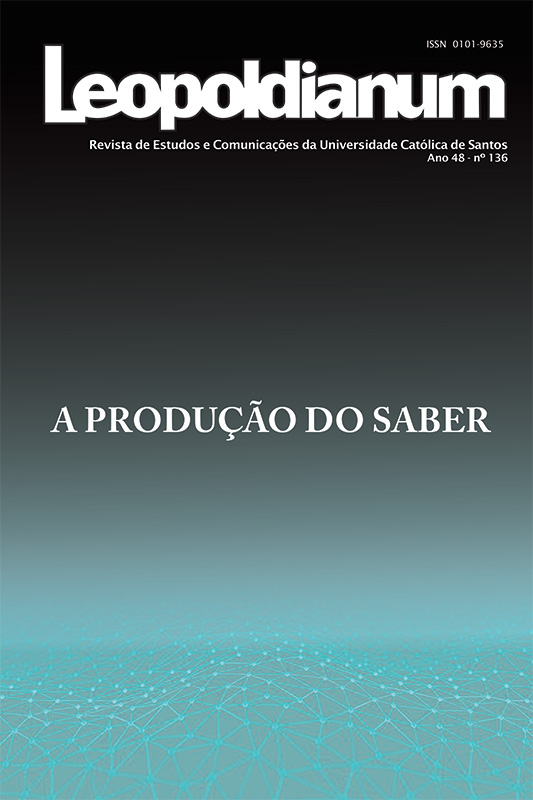JUSTIÇA DE TRANSIÇÃO NO BRASIL - OS RESQUÍCIOS DA DITADURA MILITAR QUE ORIENTAM AS RELAÇÕES POLICIAIS: UMA ANÁLISE DA VIOLÊNCIA POLICIAL NO BRASIL
DOI:
https://doi.org/10.58422/releo2022.e1349Abstract
With the end of the dictatorial regime in Brazil, what was called the Transitional Justice was
established, responsible for social pacification and for guaranteeing fundamental rights violated during the regime of civil military dictatorship. The violations of fundamental rights
were due to the period of exception established by the regime of the civil military dictatorship, responsible for the persecution of people, torture, murder, violence and expulsion of
nationals. The Transitional Justice, with the objective of promoting national pacification, is
responsible for verifying the actions taken by State agents during the period of the exception
regime, in addition to promoting the accountability of State agents, the reform of institutions, in addition to repairing the victims and promote memory promotion policies. While
the transitional justice proposals are not effectively implemented in Brazil, the institutions
still continued to practice acts of violations of fundamental rights, as is the case of the Military Police in Brazil, which, still in the militarized model and with remnants of the dictatorial
regime, promotes violence, murders people and restricts fundamental rights and guarantees.
Given this, the question is, has the lack of effective implementation of the Transitional Justice in Brazil been sufficient for not overcoming the model of police violence? The answer
to this research problem will be based on the inductive method, bibliographical research on
Transitional Justice, police violence and lethality, and documents.
Published
Versions
- 2023-05-15 (2)
- 2022-11-22 (1)
Issue
Section
License
A Revista Eletrônica Leopoldianum - Revista de Estudos e Comunicações da Universidade Católica de Santos (ISSN: 2965-9566) é detentora dos direitos autorais de todos os artigos publicados por ela. A reprodução total dos textos em outras publicações, ou para qualquer outro fim, por quaisquer meios, requer autorização por escrito do editor. Reproduções parciais de artigos (resumo, abstract, mais de 500 palavras de texto, tabelas, figuras e outras ilustrações) deverão ter permissão por escrito do editor e dos autores.












